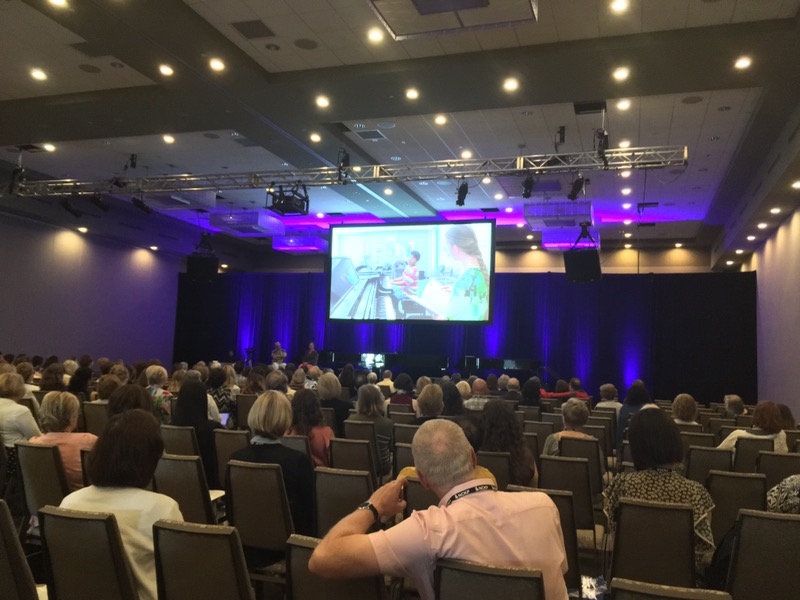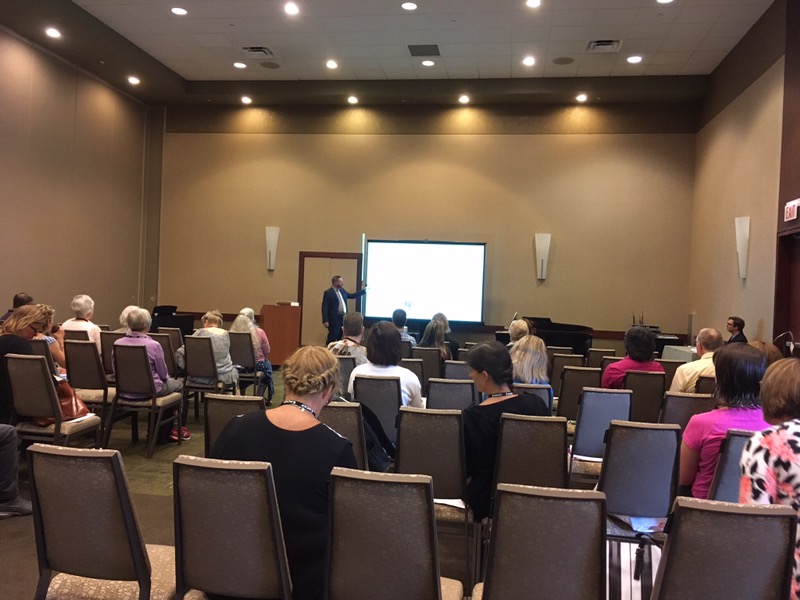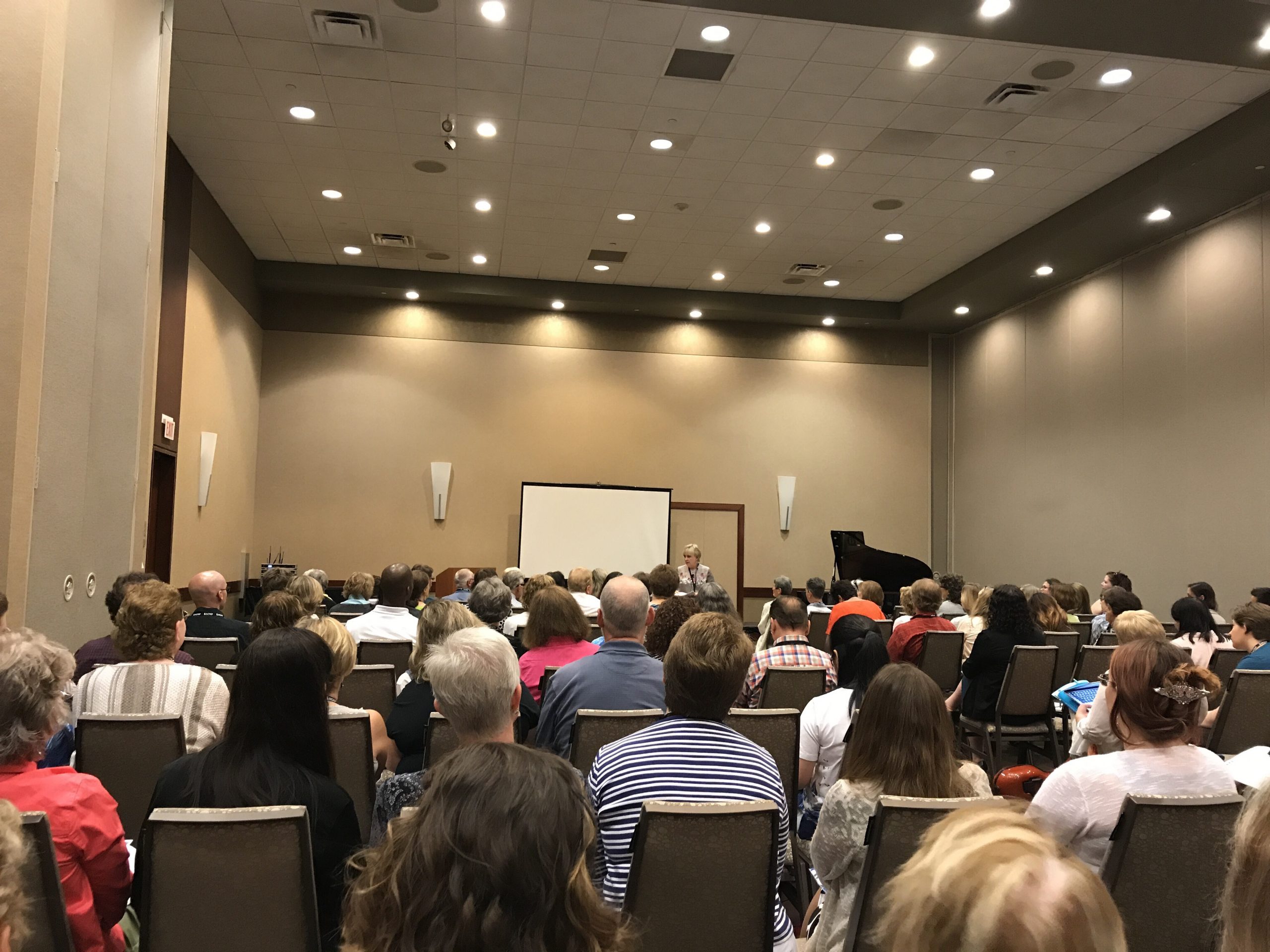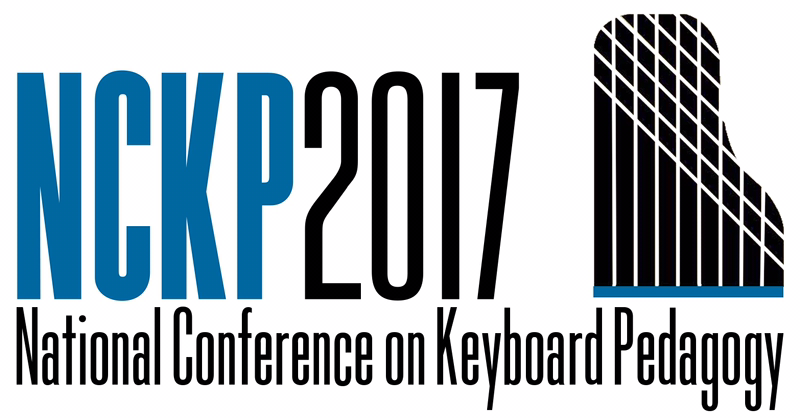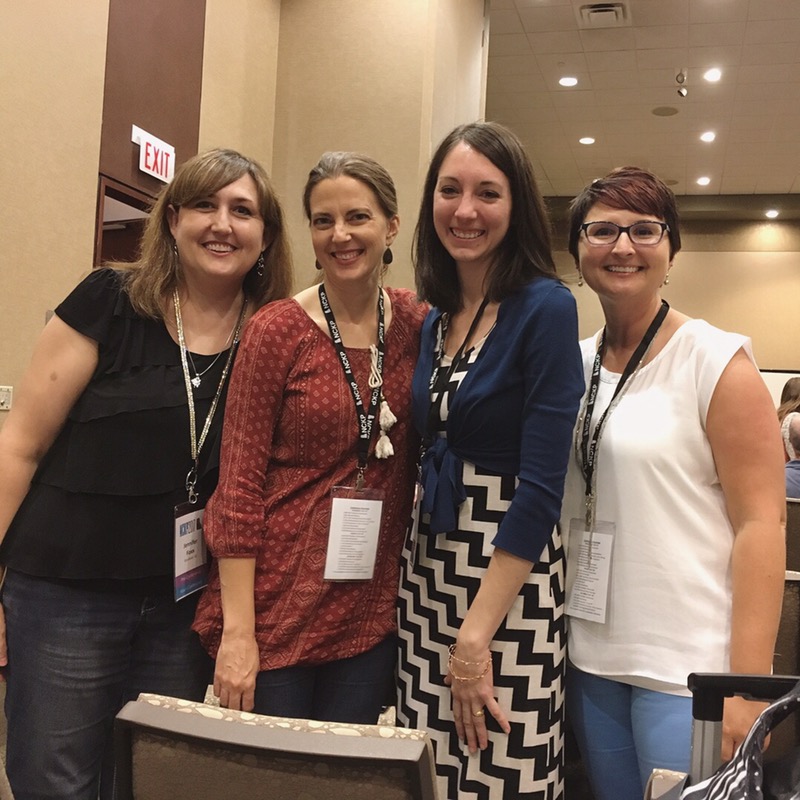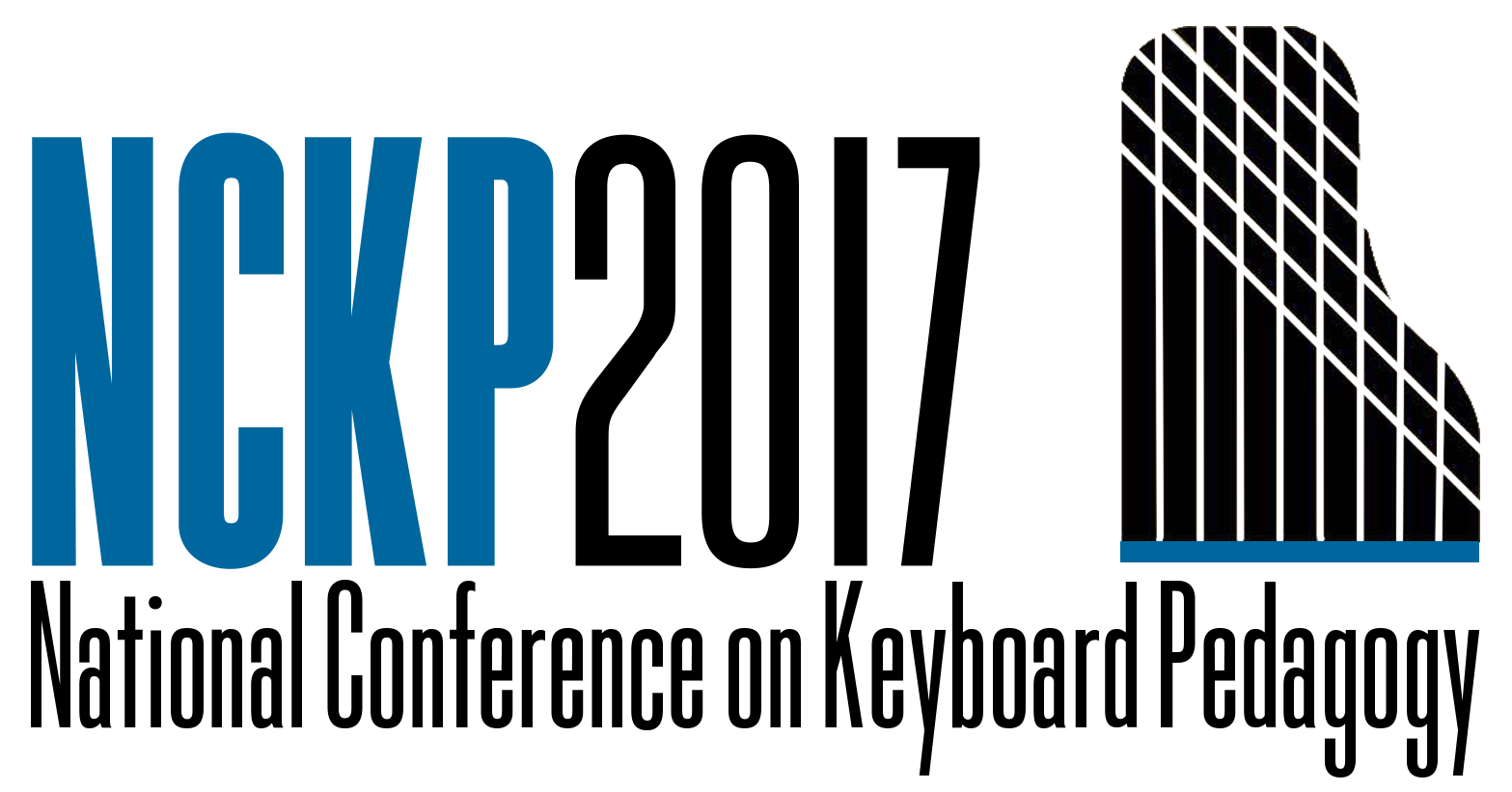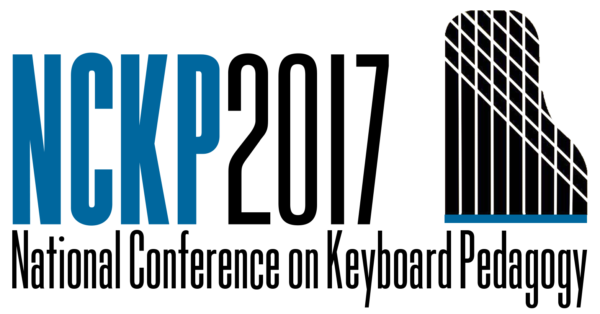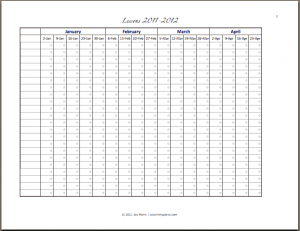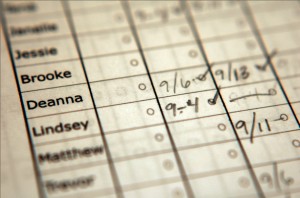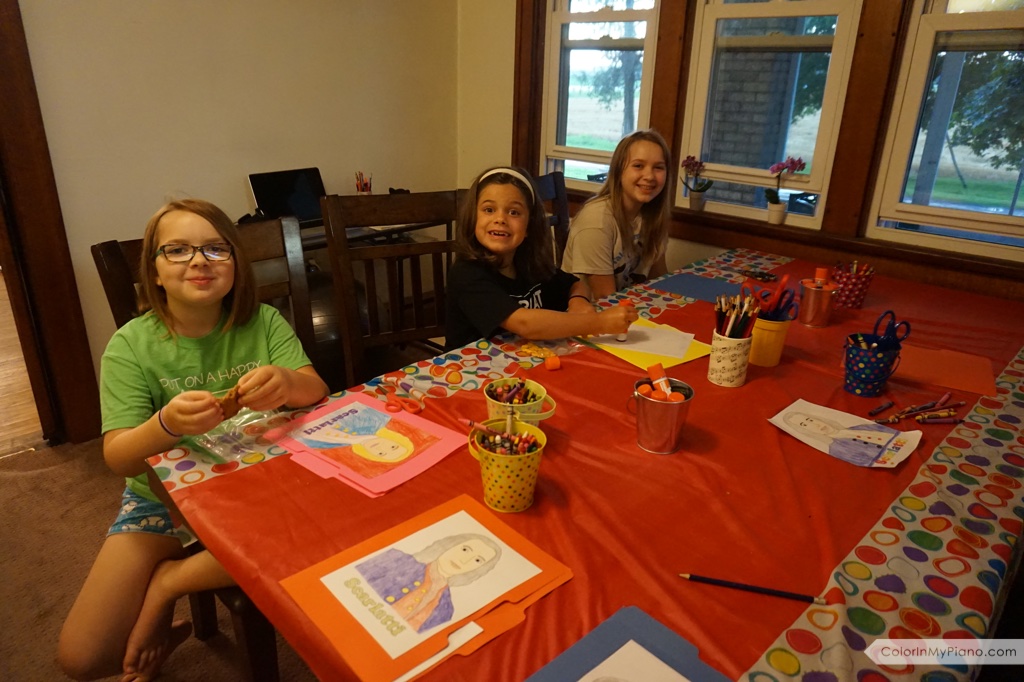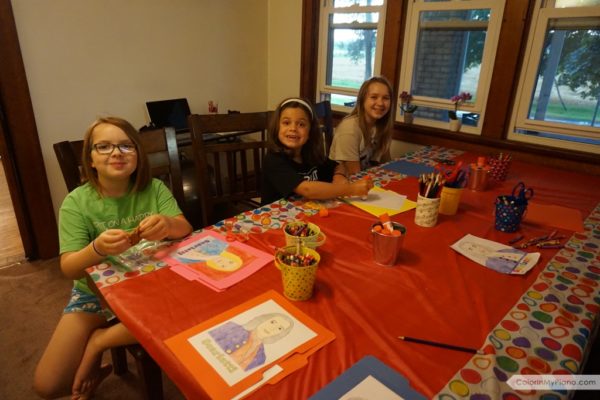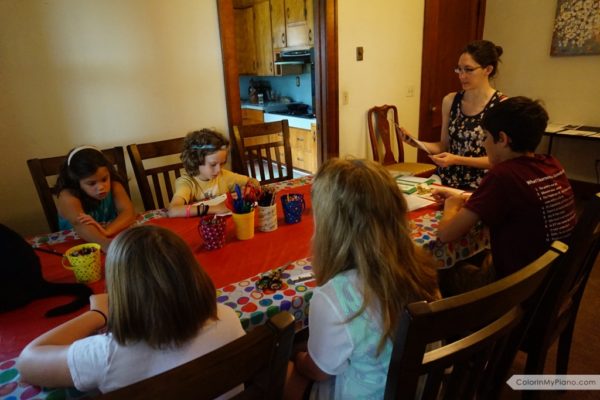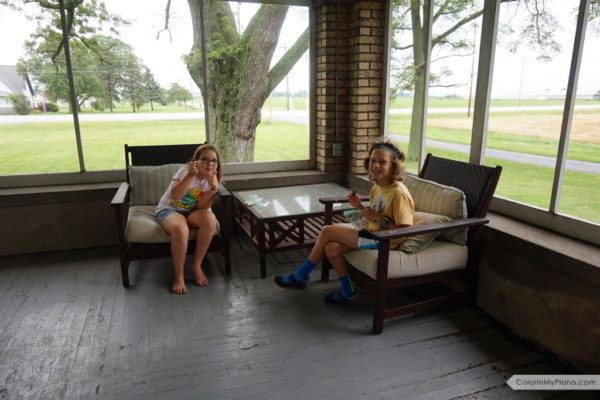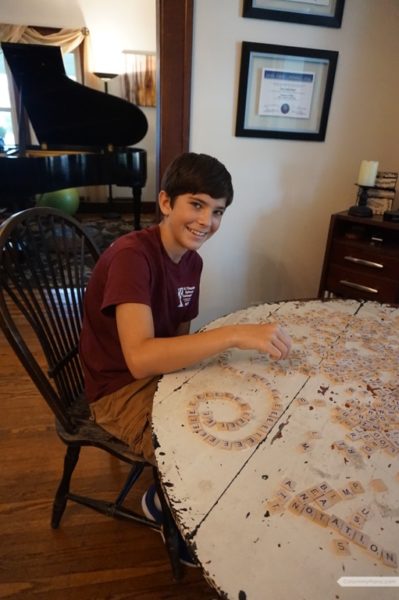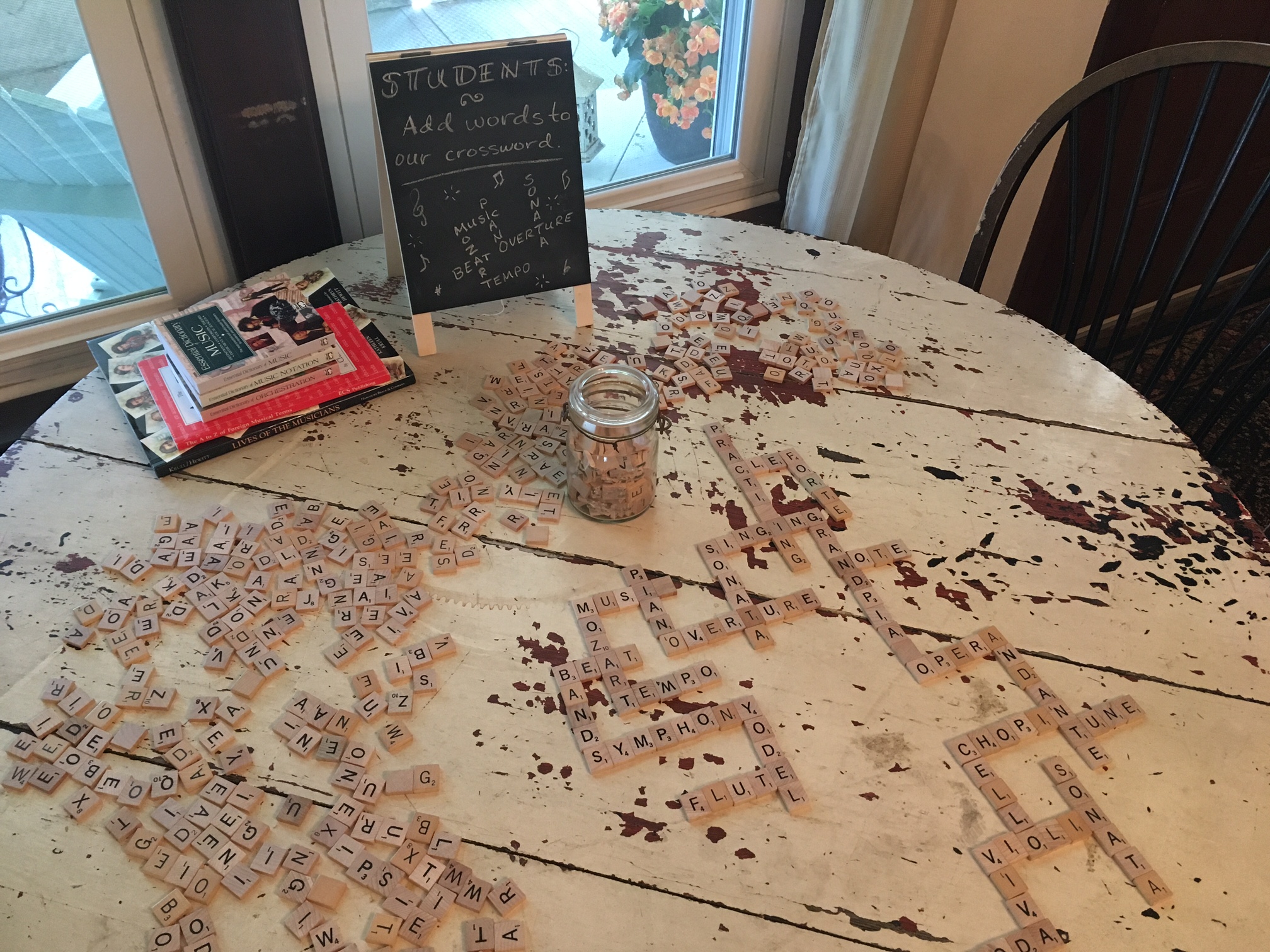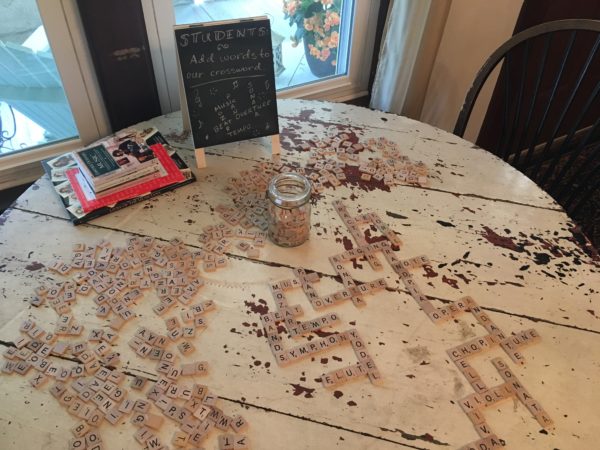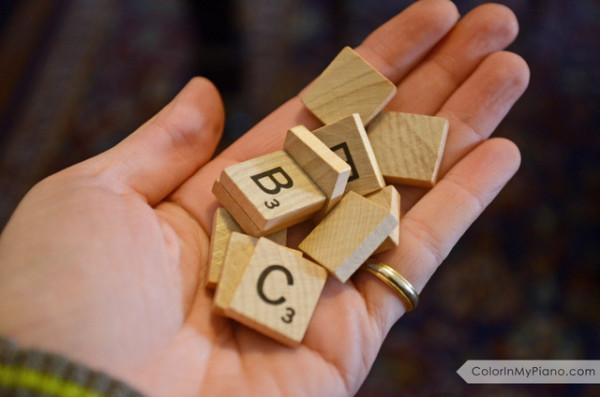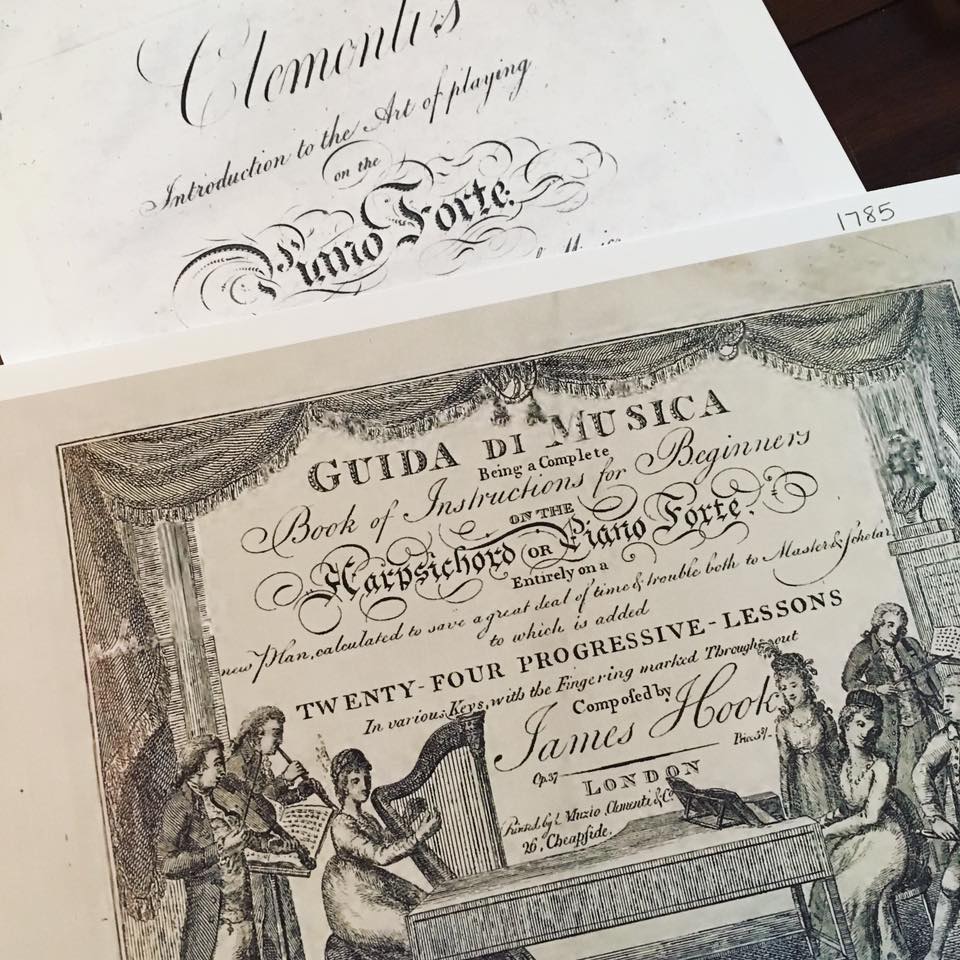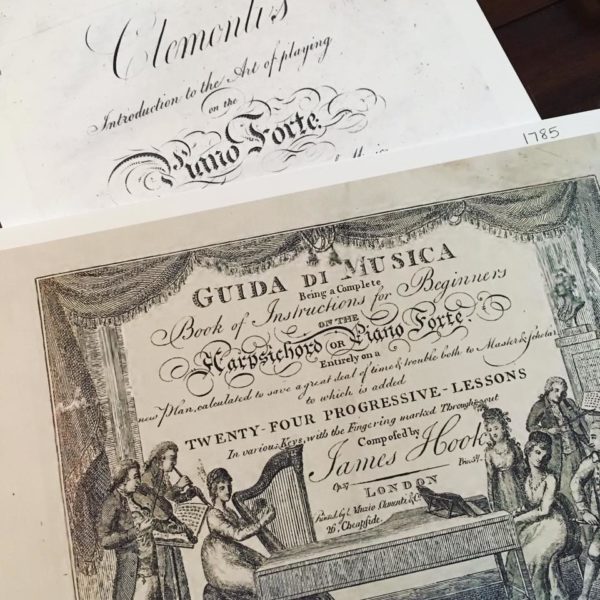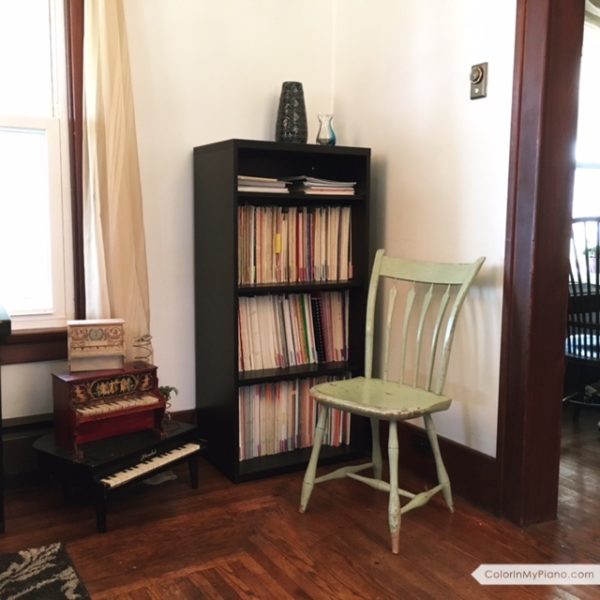

Hi there!
Today, I just wanted to share a little bit more regarding the retreat for piano teachers I’m planning in August 17-19, 2017.
The topic our retreat will be centered around is: Piano Method Mining: Uncovering Nuggets of Wisdom From Method Books.
I don’t know about you, but I LOVE looking through piano method books — both old and new — to see what wisdom I can gain from each approach.
Just look at the beautiful color art of these two old piano methods! I can’t help but drool. 😉
This is the corner of my studio where all my piano method books live.
During the retreat, you’ll have the opportunity to share your own insights as we pore through a variety of piano method books published through the decades. We will all benefit from collective wisdom through combining our knowledge and experiences. I can’t wait!
Here’s the full description of the event:
Retreat at Piano Manor is a three-day experience for piano teachers to getaway in order to connect, ask questions, share, and become better teachers for our students. Together, we will explore the wisdom from piano methods beginning with early treatises and concluding with piano methods published in the 21st century. You will share your insights and teaching experiences with the rest of the group, and work with fellow attendees to review certain method books in-depth. While at “Piano Manor,” you’ll also enjoy relaxing downtime and deliciously healthy food planned by my foodie friend, Amy Chaplin of PianoPantry.com.
At the end of the three days, you will have knowledge of the range of available piano method books, both old and new, and how to choose among them to match your students’ needs and desires. You’ll be equipped with the knowledge and confidence to try new method books of your choice, to increase your range of options and keep your teaching fresh. You will know when and how to supplement a method as needed, so your students develop musical skills without undue effort. Using this knowledge and skill set, you can create custom-tailored curriculums designed to nurture happily progressing students in your studio. Retreat at Piano Manor will leave you feeling inspired and connected, with newly formed friendships and fresh ideas for your teaching.
If you are interested in attending the retreat, read more here and then please be sure to join this special email list. The registration information will be sent out within the next week or so.
If you can’t attend the retreat, don’t worry: I’ll be sharing highlights in weeks ahead — of both the preparation process as well as the actual retreat activities. Watch here on the blog as well as my facebook page for updates!
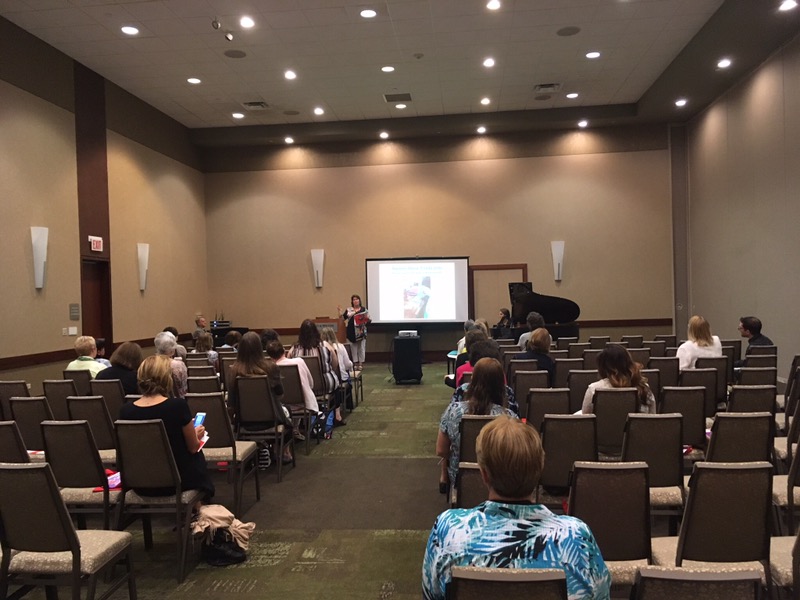 Here's a photo taken of me with Jane Bastien and her daughter Lori!
Here's a photo taken of me with Jane Bastien and her daughter Lori! 


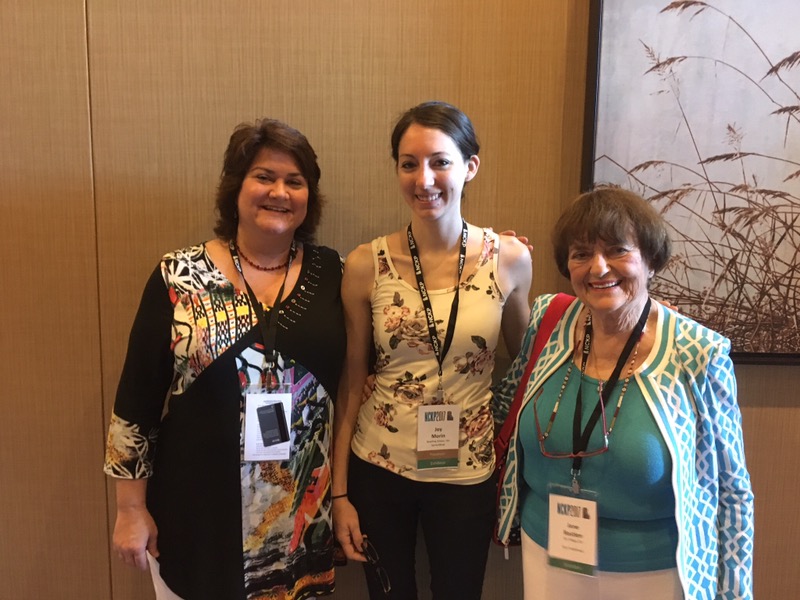
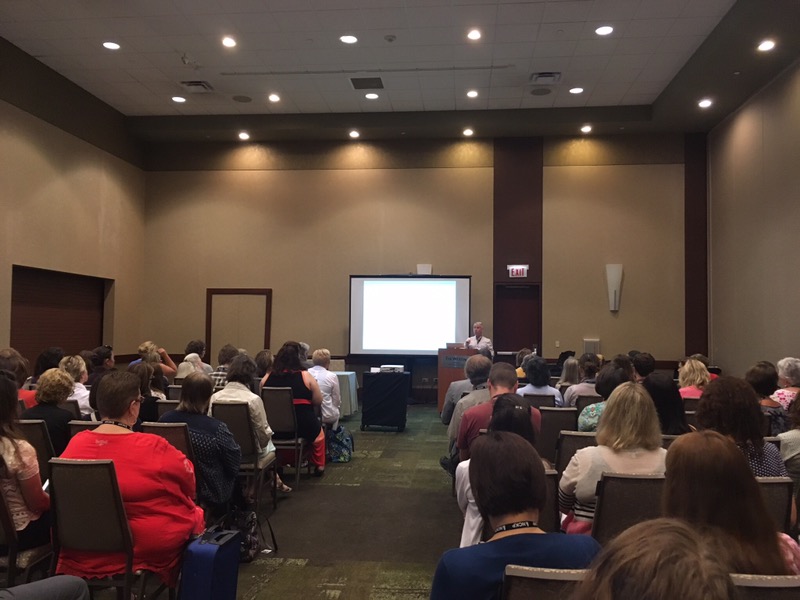
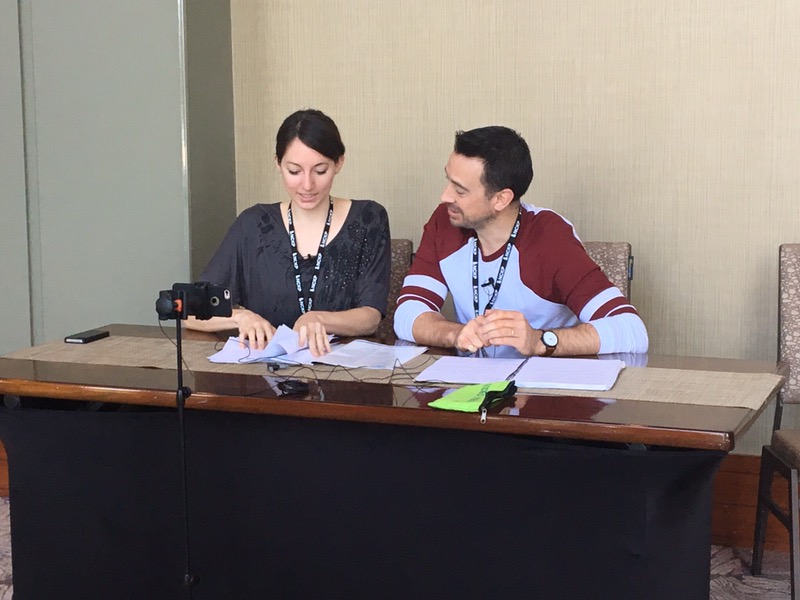 Check out our fun video
Check out our fun video 
